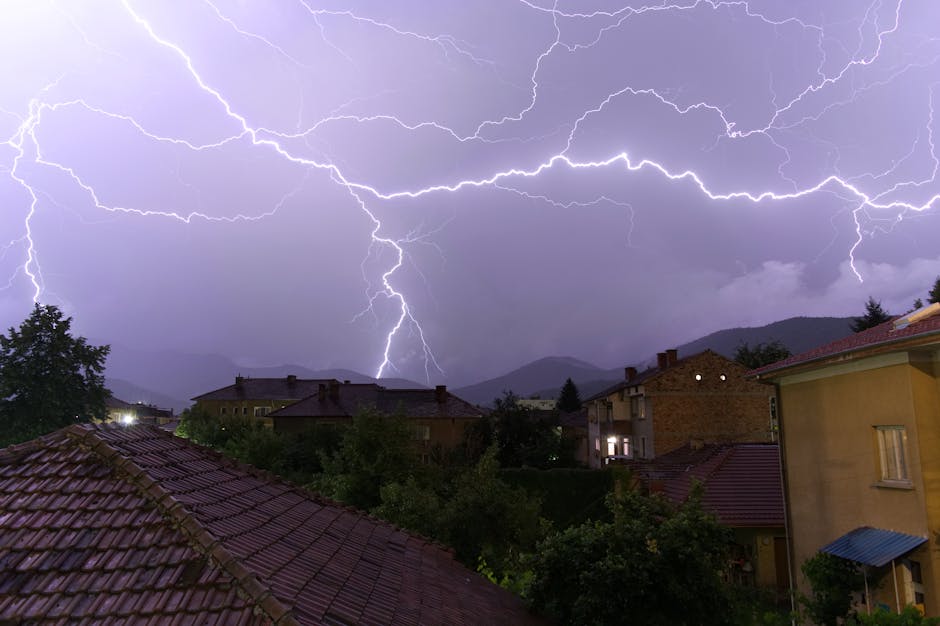The escalating crisis of climate change demands a holistic understanding of its origins and a nuanced appraisal of who bears the responsibility for mitigating its effects. This complex issue transcends national borders, economic strata, and even individual choices, intertwining the actions of governments, corporations, and individuals in a delicate, often contested, web of accountability.
A fundamental premise is that climate change is not a singular issue but a complex interplay of human activities and the Earth’s natural systems. It’s a product of the industrial revolution, with its heavy reliance on fossil fuels, coupled with population growth and unsustainable consumption patterns. This intricate relationship makes pinpointing a single entity’s culpability challenging.
Identifying the primary actors responsible for addressing climate change necessitates a multi-faceted approach. Governments, as stewards of their nations’ resources and citizens’ well-being, hold a significant portion of the burden. Their responsibility extends to enacting and enforcing policies that encourage sustainable practices, investing in renewable energy sources, and implementing measures to reduce greenhouse gas emissions. This responsibility encompasses everything from national energy strategies to international agreements. A nation’s commitment, therefore, hinges on its willingness to prioritize long-term environmental stability over short-term economic gains.
However, government action alone is insufficient. Corporations, major emitters of greenhouse gases, must also shoulder a significant responsibility. Their practices, from manufacturing processes to supply chains, have profound impacts on the environment. Large-scale industries and corporations have the resources to invest in clean technologies, optimize their operations to reduce emissions, and adopt sustainable business models. Corporate responsibility in this context extends beyond compliance with regulations, encompassing proactive innovation and a commitment to environmental sustainability.
Furthermore, individual consumers play a crucial, albeit often overlooked, role. Consumer choices significantly influence corporate practices and government policies. A shift toward sustainable consumption patterns, from reducing waste to opting for eco-friendly products, can exert immense pressure on both corporations and governments. Individual awareness and action are critical catalysts for systemic change. Adopting energy-efficient habits, supporting responsible businesses, and advocating for environmental policies are vital components of individual responsibility.
Examining the historical context illuminates the intricate nature of this responsibility. Industrialized nations, particularly those with a longer history of fossil fuel reliance, bear a disproportionate responsibility for the accumulated emissions that have contributed to the current climate crisis. This historical burden, coupled with their advanced economies, mandates a greater commitment to mitigation and adaptation strategies. However, developing nations, emerging from economic disparities, often require financial and technological support to transition to cleaner energy sources without sacrificing their economic progress.
The international community plays a critical role in forging a collaborative approach to address climate change. International agreements, like the Paris Agreement, represent crucial frameworks for shared responsibility. These agreements necessitate a global consensus on tackling emissions, promoting technology transfers, and providing financial assistance to developing nations. The effectiveness of these agreements relies on the willingness of all signatory nations to uphold their commitments and work collectively towards common goals.
The onus of adaptation, particularly for those communities most vulnerable to climate change impacts, requires a collaborative effort. Developing robust adaptation strategies, encompassing infrastructure improvements, disaster preparedness, and support mechanisms, is critical for mitigating the effects of extreme weather events and rising sea levels. This includes ensuring equity and access to resources for those most impacted.
In conclusion, addressing climate change requires a unified understanding that responsibility isn’t confined to a single entity. Governments, corporations, and individuals are all integral players in this complex web of interconnectedness. An equitable and effective approach must recognize the historical context, acknowledge the differing capabilities of various nations, and prioritize collaborative efforts. Shifting from a fragmented view of responsibility to a holistic understanding of shared accountability is essential to navigate this global challenge effectively. This involves acknowledging the past contributions, supporting developing nations, and implementing decisive policies at all levels from individual choices to international agreements to secure a sustainable future.
